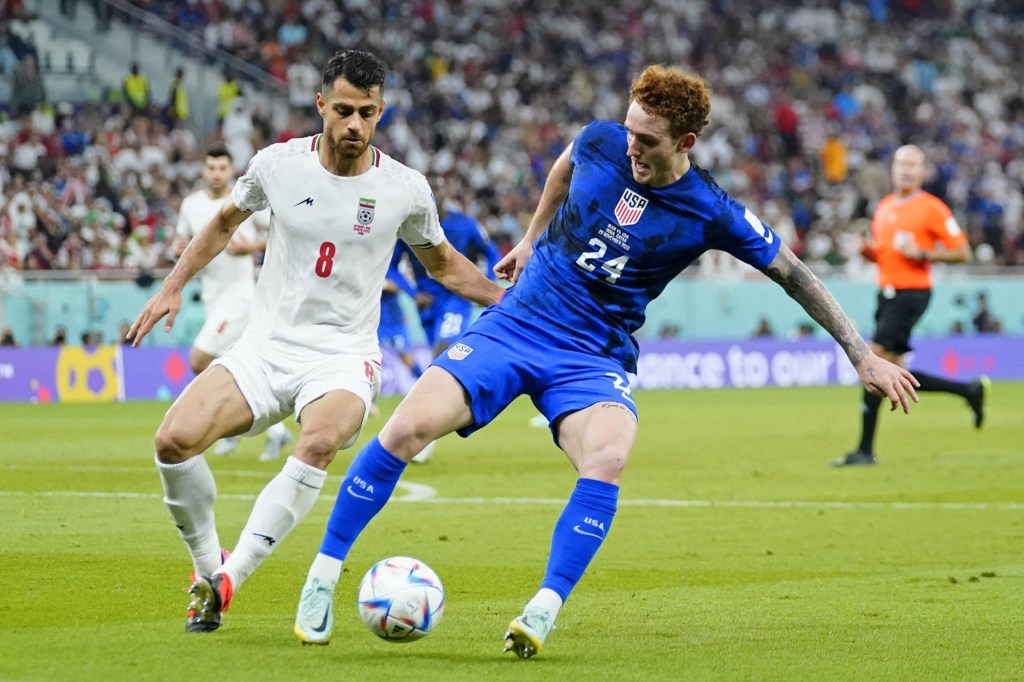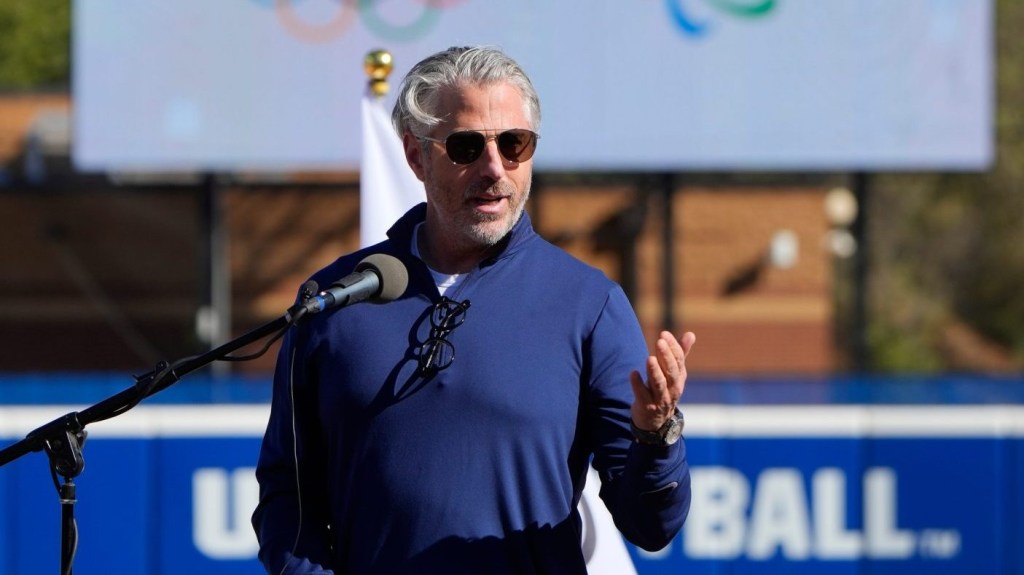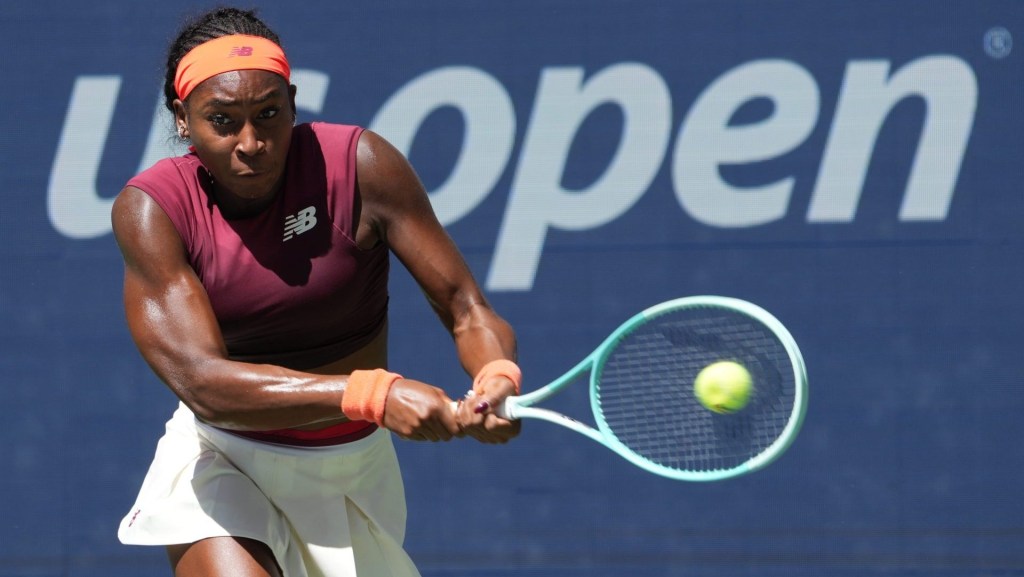The U.S. government skipped its 2024 annual payment to the World Anti-Doping Agency, following through on a threat from U.S. anti-drug officials, members of Congress, and former athletes who have called for reform of the global group.
The missed $3.6 million annual payment has some minor implications in terms of U.S. representatives who can sit on WADA committees, but it could also jeopardize Utah’s awarded bid for the 2034 Olympics.
The New York Times reported last month that an International Olympic Committee official recently said that the U.S. not paying its WADA dues could impact the country’s ability to host or participate in the Games, which led the White House to be concerned about the future of the Utah bid. (The IOC argues this conversation seems to have been “entirely misconstrued and based on misinformation provided by interested parties.”)
But beyond a war of words, the IOC codified the WADA debate into Utah’s final contract in July, adding a last-minute clause saying the agency’s “supreme authority” must be upheld, and a violation could result in the IOC rescinding the 2034 Games at any time. That clause was a result of unwanted investigations conducted by U.S. officials, and led Congress to introduce another bipartisan bill aimed at reforming WADA.
When asked whether the withheld payment violated WADA’s “supreme authority” or jeopardized the Utah bid, both WADA and the IOC deferred the question to one another.
“That would be a question for the IOC,” a spokesperson for WADA told Front Office Sports.
“This is a matter between WADA and the Public Authorities as stakeholders in WADA,” an Olympic spokesperson told FOS.
It’s still unclear what constitutes a violation of WADA’s “supreme authority,” and whether the IOC is serious about punishing the U.S. for going up against WADA.
A spokesperson for the Salt Lake City-Utah Committee for the Games said the group is not concerned that the skipped payment could threaten their bid. The U.S. Anti-Doping Agency took it a step further.
“It would be illegal for WADA to sanction or otherwise attempt to punish a sovereign nation like the United States for non-payment of voluntary dues and its statutes are crystal clear that non-payment cannot impact competing in or hosting the Games or any other competition,” a USADA spokesperson told FOS.
WADA and the USADA have been feuding in recent years over the global agency’s handling of the Russian and Chinese doping scandals, as well as the domestic group’s use of undercover agents. Michael Phelps testified before Congress this summer pleading for more reform of WADA for the second time.
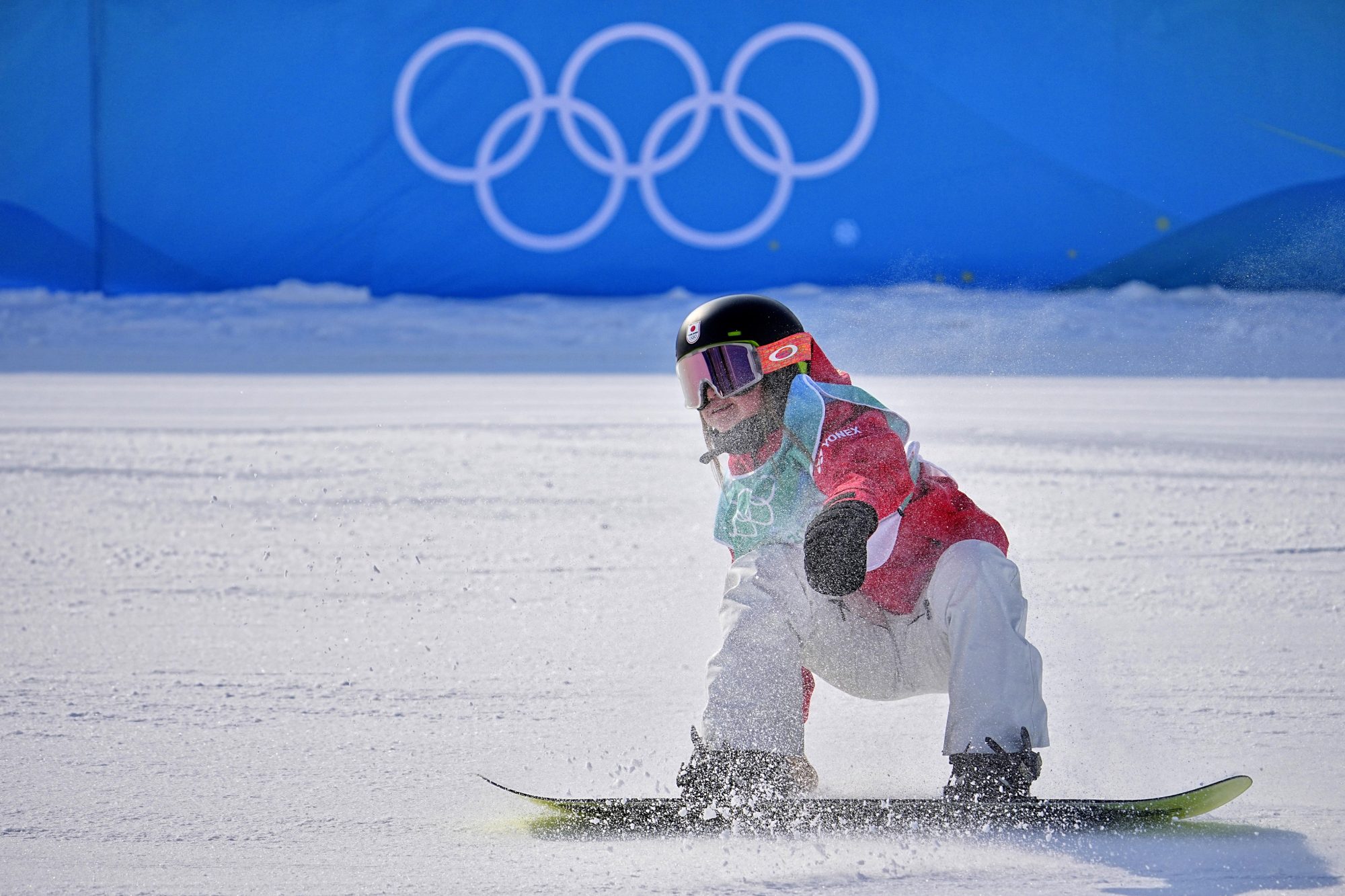

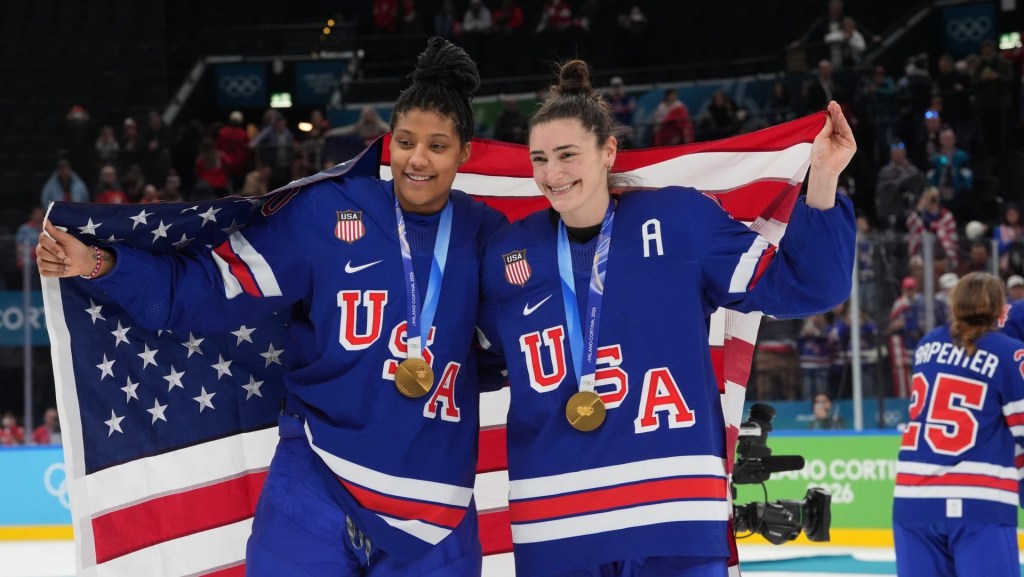
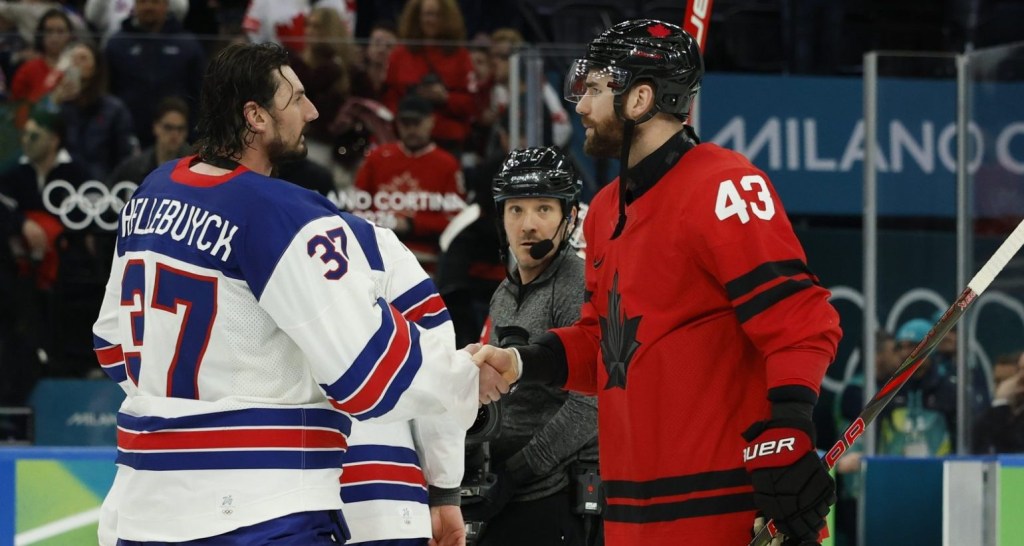
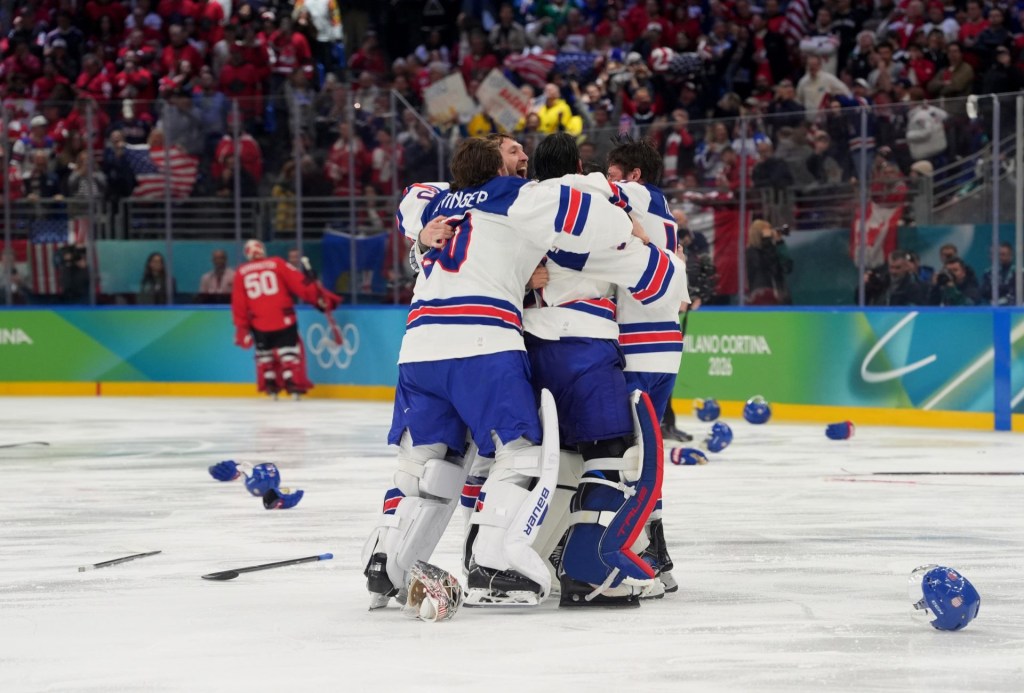

![[Subscription Customers Only] Jun 15, 2025; Seattle, Washington, USA; Botafogo owner John Textor inside the stadium before the match during a group stage match of the 2025 FIFA Club World Cup at Lumen Field.](https://frontofficesports.com/wp-content/uploads/2026/02/USATSI_26465842_168416386_lowres-scaled.jpg?quality=100&w=1024)
![[Subscription Customers Only] Jul 13, 2025; East Rutherford, New Jersey, USA; Chelsea FC midfielder Cole Palmer (10) celebrates winning the final of the 2025 FIFA Club World Cup at MetLife Stadium](https://frontofficesports.com/wp-content/uploads/2026/02/USATSI_26636703-scaled-e1770932227605.jpg?quality=100&w=1024)


